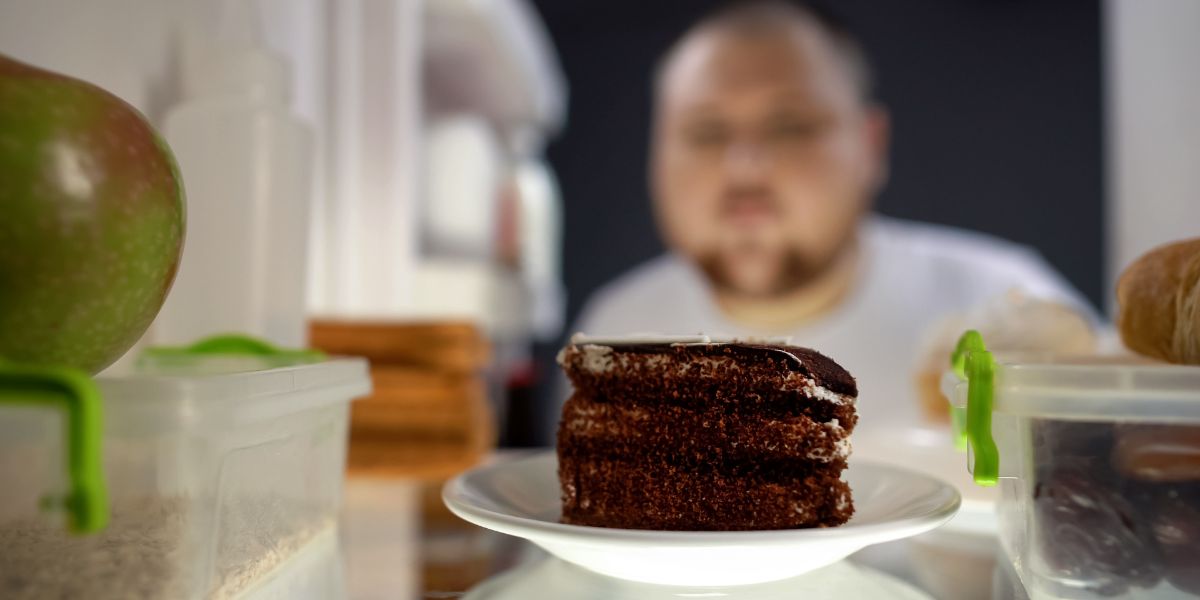Recent research has shined a light on the mechanism behind how eating late at night is associated with weight gain and diabetes.
Although the link between sleep, obesity and the time at which people eat is recognised, it is “poorly understood”, with research demonstrating that over nutrition can disrupt circadian rhythms and affect fat tissue.
- Late night snacking increases obesity risk, research shows
- People who stay up late, snore and nap are at greater risk of fatty liver disease
The research, conducted by Northwestern Medicine scientists, found that that energy release is likely the molecular mechanism used by our internal clocks to manage energy balance. From this understanding, they established that daytime is the ideal time in the light environment of the Earth’s rotation when it is best to dispel energy as heat.
These conclusions have obvious implications, from dieting to sleep loss and how patients who need long-term nutritional assistance are fed.
“It is well known, albeit poorly understood, that insults to the body clock are going to be insults to metabolism,” according to one of the study’s authors, Dr. Joseph T. Bass, Charles F. Kettering Professor of Medicine at Northwestern University Feinberg School of Medicine.
Bass speculates on how the research could impact type 2 diabetes treatment, such as whether mealtimes should be considered when giving insulin.
He recognises that further research is needed and so will continue to research creatine metabolism.
- Liverpool resident who reversed a 23-year diagnosis of type 2 diabetes makes national news
- Reversing type 2 diabetes
She said: “We need to figure out how, mechanistically, the circadian clock controls creatine metabolism so that we can figure out how to boost it.
“Clocks are doing a lot to metabolic health at the level of fat tissue, and we don’t know how much yet.”
The research was published in the journal Science.
It was supported by the National Institutes of Health National Institute of Diabetes and Digestive and Kidney Diseases, the National Institute on Aging and the American Heart Association Career Development Award.









